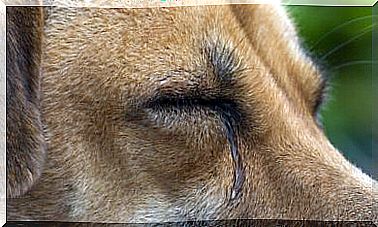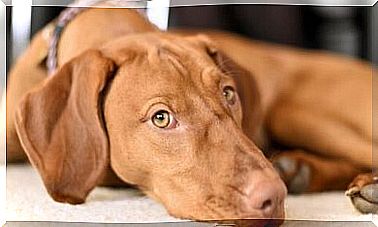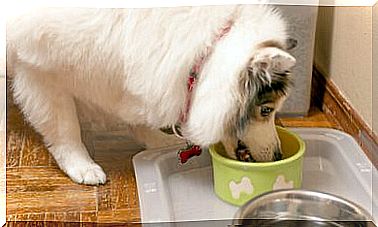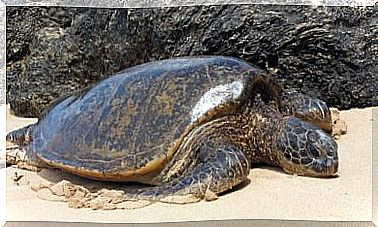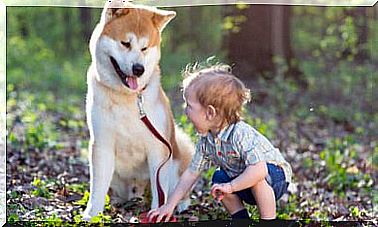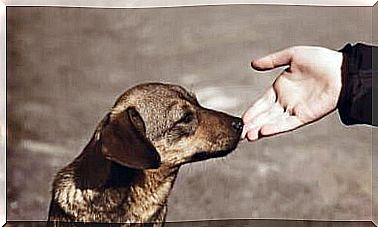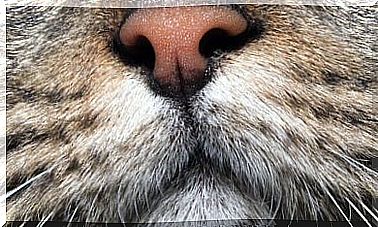The Vietnamese Pot-bellied Pig As A Pet
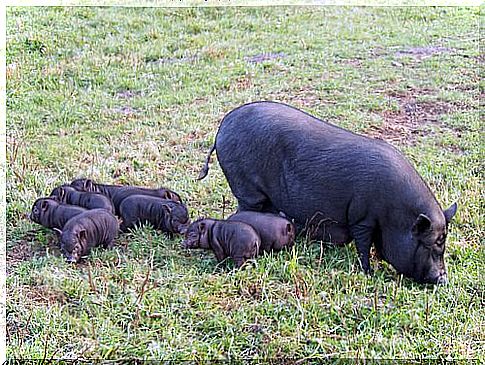
Nowadays everyone is talking about the Vietnamese pot-bellied pig. The little animal has been attracting attention since the 1980s.
This breed of mini pigs, originally from Vietnamese farms, can live for 12 to 20 years. The main difference to the other races is its peculiar and small, stocky shape and its black coloration.
While the average pig can weigh over 300 kilos, Vietnamese pot-bellied pigs weigh between 40 and 80 kilos. The body size is also only between 40 and 50 centimeters, so that the Vietnamese pot-bellied pig is much better suited as a pet.
Nevertheless , the Vietnamese pot-bellied pig needs care, hygiene, good nutrition, exercise and contact with other animals in order to develop healthily. However, caring for it is not quite as time-consuming as it is with its larger conspecifics and it is very intelligent.
In this post, we summarize the main benefits of the Vietnamese pot-bellied pig as a pet.
Why should I keep a Vietnamese pot-bellied pig as a pet?
Dogs and cats top the list of the most popular pets. But exotic animals can also fill people with joy and loyally accompany their owners, such as the Vietnamese pot-bellied pig.
Sociable and curious character
The little pigs are so much more than just a funny little animal. Her character is docile, curious and open-minded. They are rarely aggressive. When encouraged, play and run and discover other employment opportunities. Therefore, the Vietnamese pot-bellied pig can be the ideal companion for children as a pet.
The Vietnamese pot-bellied pig is very expressive and able to interact with humans, creating a deep affective relationship with their owners. They encourage interaction and joint activities and enjoy the company of people, conspecifics and other pets.
You are docile
Many people ignore the fact that pigs are very intelligent animals that are easy to teach. With guidance, they can be trained like dogs and cats. They are even able to listen to their names and go for walks.
Many domestic pigs are also house trained. You can memorize tricks, play and listen to commands.
They are clean and hairless
Even if our prejudice says otherwise, pigs are very hygienic animals that do not like to live in a dirty environment. Like almost all mammals, they have hair, but very little when compared to dogs and cats.
Another interesting detail is that they can largely self-cleanse.
Basic tips for caring for a Vietnamese pot-bellied pig
Great caution should be exercised when removing a wild animal from its natural habitat. You have to create ideal conditions for healthy development.
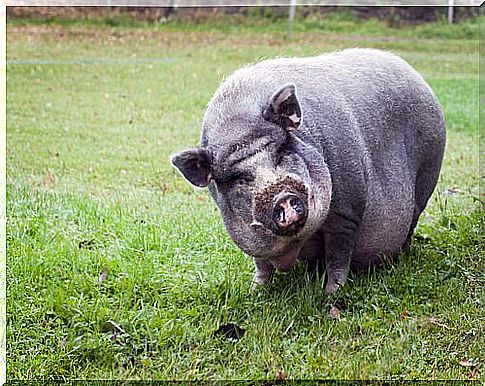
As a pet , the Vietnamese pot-bellied pig needs the help of its owner for good nutrition, regular hygiene and regular exercise.
1. Balanced diet
The Vietnamese pot-bellied pig is an omnivore and adapted to various feeds. So much so that it is usually very greedy. But the daily diet should still be rich in fruit and vegetables (approx. 70%). And like all mammals, the Vietnamese pot-bellied pig needs plenty of fresh and clean water as a pet in order not to dry out.
The Vietnamese pot-bellied pig should not be fed commercial feed for common pigs. This feed would fatten the pot-bellied pig, which can quickly lead to obesity.
Appropriate commercial mini-pig feeds exist in the United States. The portions are sized to support the pig’s weight. However, it is still difficult to find these products in Europe.
There are some grain mixes that can be adjusted as the basis for feeding the pig. But the best option is usually home nutrition according to the recommendations of the specialist veterinarian.
2. Hygiene and environmental management for the Vietnamese pot-bellied pig
As I said before, Vietnamese pot-bellied pigs are clean and do not naturally give off bad smells. Only a poor environment cleanliness makes the animal dirty and leaves an acrid smell.
Therefore, it is very easy to keep a Vietnamese pot-bellied pig clean by providing it with a hygienic environment. It should also be bathed once a month to improve the condition of the skin and hair, especially in summer.
As they come from a temperate zone, the optimal temperature for the pigs is between 19 and 25ºC. They are prone to both heat and cold, so be careful with air conditioners and extreme heat.
3. Exercise and health care
In their natural habitat , these pigs usually roam free or on farms and mate quite frequently. So they have a high energy consumption. The Vietnamese pot-bellied pig as a pet therefore needs exercise, space and conspecifics in order to maintain its weight.
With a good diet and plenty of exercise, the Vietnamese pot-bellied pig doesn’t need much health care. However, like dogs and cats, it must be vaccinated regularly.

